The death of actor David McCallum last week prompted me to google the theme music for The Man from U.N.C.L.E., the 1960s TV franchise which launched his career and which Guy Ritchie reprised as a movie in 2015. I then wasted an hour clicking on links to other long-lost TV gems, and at one point found myself watching grainy excerpts from a series called The Magic Boomerang. While never enjoying the popularity of Skippy the Bush Kangaroo (at least not in Britain, where I saw it) this show had an antipodean premise every bit as compelling as a talking marsupial; a boomerang which, when thrown, made time stand still, giving its young owner a 30-second window to do whatever was required for justice to prevail. To a generation raised on CGI and Marvel, the ability to stop time would be just another superpower, but to their 1960s counterparts it would not have been quite so far-fetched, since back then every child was intimate with Einstein’s General Theory of Relativity and knew that an object travelling very fast experiences time differently to an object standing still. That’s why, if Guy Ritchie ever decided to bring The Magic Boomerang to the big screen, he’d probably be smart to hire a few of those CERN boffins as technical consultants. Setting his story in Australia would add more veritas than setting it in Switzerland, though. Not just because Australia has more boomerangs, and more actors who know what to do with them, but because even though we’ve been too busy importing wind turbines from China to build a Hadron Collider, we’re still the only country in the world where anybody really has made time stand still. It wasn’t a team of crazy-haired nerds in lab coats who did it, either, or a blackfella with a good arm; it was a bespectacled white bloke with an arts degree and wingnut ears. But don’t be deceived by the modest CV and pedestrian appearance; in one critical respect Daniel Andrews is the closest thing to a god the Australian political system has ever produced. Lots of presidents, prime ministers and premiers embraced lockdowns, social distancing and mask mandates. But none were able to generate anything like the total cryogenic suspension Despot Dan imposed on so many people for so long. Those Victorian schoolchildren will never get those years back, ditto those uni students and small business owners. And Dan didn’t just suspend human life; like the most vindictive pagan deity he was quite capable of ending it, too – or at least giving his unblinking benediction to policies which he must have known might have that effect. Thanks to the federal government’s puzzling decision not to audit each state’s handling of the pandemic, we may never know exactly how many Victorians died or will die as a direct or indirect result of Covid overreach. But some estimates put it higher than the toll taken by the virus itself, and what is not disputed by anyone, anywhere, is that Victoria now holds the world record for lockdown, and that if not quite bestriding that world like a colossus, Mr Andrews has attracted international attention in a way no other Australian premiers – and few Australian prime ministers – ever have. How will we acknowledge his superhuman achievements, then, now that he has decided to move amongst us as a mere mortal again? Given the toll of his tenure, a Nobel prize nomination hardly seems appropriate, and it is too late for Time magazine to dedicate a cover to him – as they did during the tenure of, say, Fidel Castro. Mr Andrews the private citizen will more likely have to settle for seats on the boards of a few of the companies which benefitted from his administration’s fiscal profligacy – and, of course, lifelong access to Air China’s first class lounge.
Predictably, there has been much speculation about the timing of Mr Andrews’ departure, and notwithstanding his stated – and understandable – wish to spend more time with his family (and his less credible wish to play more golf) some cynics have said that it may not be unconnected with the dismal poll performance of the Yes vote. Given the Victorian Labor party’s long-standing support for the Voice, the decision of its leader to throw in the towel two weeks before the big day is certainly not the shot in the arm Voice proponents have been hoping for. But notwithstanding Mr Andrews’s close relationship with the current PM, he has plenty of unilateralist form, and just as he did not ask for Canberra’s permission to sign Victoria up to Beijing’s Belt and Road Initiative, his decision to make Victoria the first state to commence treaty negotiations was never subject to national approval. As was made clear by John Ferguson’s excellent valediction in last weekend’s Australian, Mr Andrews is one of the most astute and successful leaders this country has seen. But with even the most successful leaders there comes a time when legacy matters more than principle. And to seasoned Dan-watchers, the timing of his resignation might look less like coincidence than rat cunning, and have more than a whiff of ship abandonment about it.
Got something to add? Join the discussion and comment below.
Get 10 issues for just $10
Subscribe to The Spectator Australia today for the next 10 magazine issues, plus full online access, for just $10.
You might disagree with half of it, but you’ll enjoy reading all of it. Try your first month for free, then just $2 a week for the remainder of your first year.


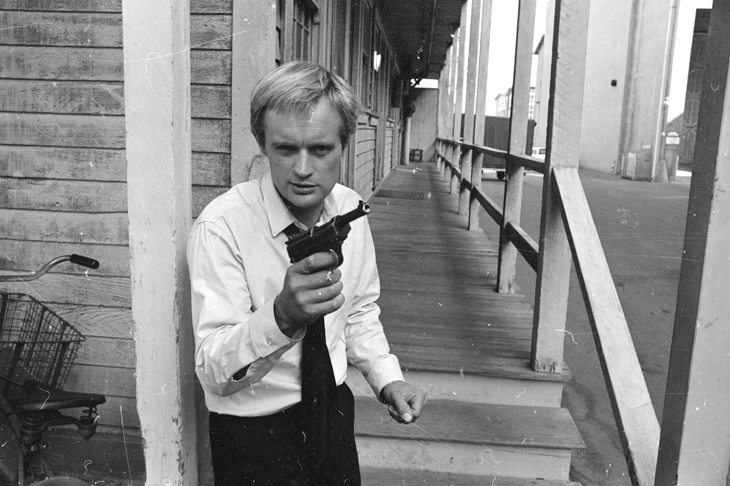
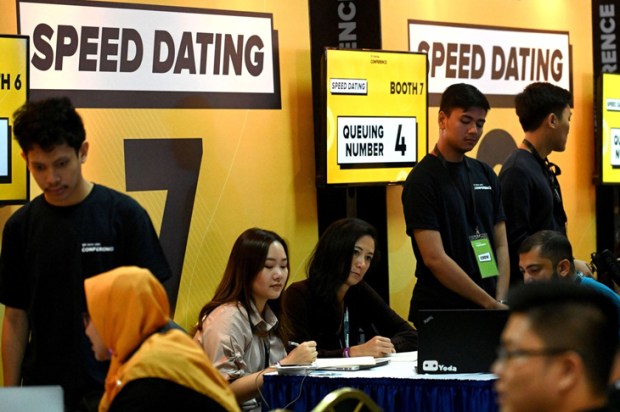
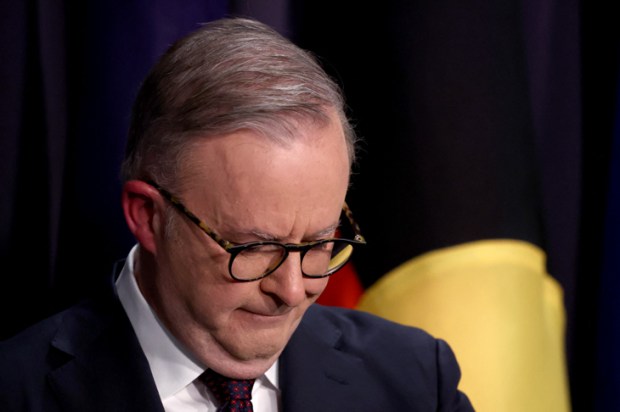
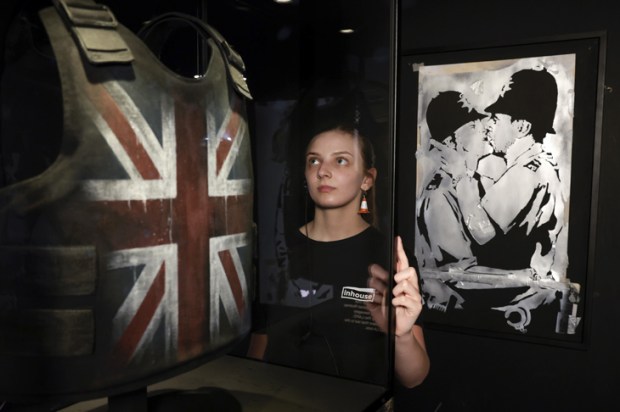
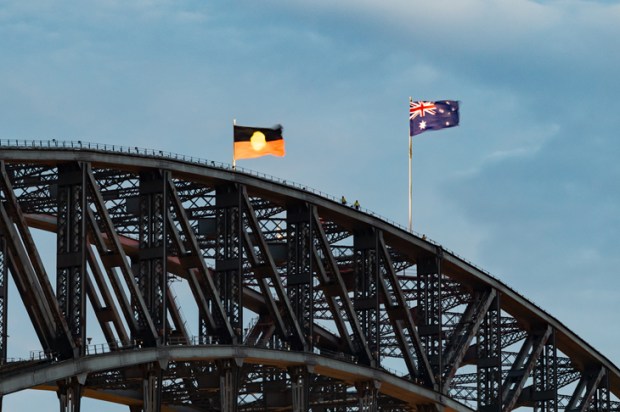

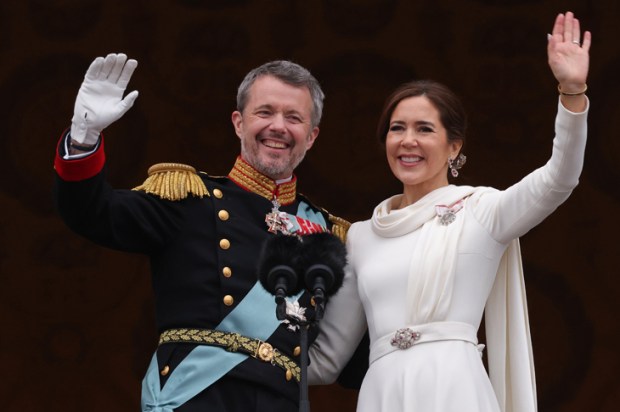






Comments
Don't miss out
Join the conversation with other Spectator Australia readers. Subscribe to leave a comment.
SUBSCRIBEAlready a subscriber? Log in